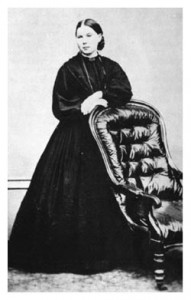3W, 1M, Single Fluid Set
“Mrs. Mason was extremely human. Sitting up there at the table over capon, caviar and gleaming silver she was altogether in sympathy with the Negro farther down. Godmother was amazingly modern in her ideas, knowledge of books and theatre, and of Harlem.” Langston Hughes
“Langston claims that I am always getting things from white people, some of whom simply pay me to sit around and represent the Negro race for them. Zora—the perfect darkie: naïve, sweet, humorous and highly colored. Clever, too. Take it where you find it: Some wear pajamas, some wear pants, what does it matter just so you can dance.” Zora Neale Hurston
In researching the Harlem Renaissance for Raisin’ Cane, my play for Jasmine Guy with original score by Avery Sharpe, I was entranced by the story of Mule Bone, the collaboration of Zora Neale Hurston and Langston Hughes on a comedy of Negro life. Both still in their 20s, their hope was to create a new truly African-American theater. Charlotte Mason, Godmother to those she helped, was a wealthy white socialite in her 80s and a supporter and patron of Hughes and Hurston. Louise Thompson, another young African-American known to Mason, was brought into the mix as a secretary and copyist to help with Mule Bone. What transpired between the foursome in attempting to bring Mule Bone to the stage is a tale both comic and tragic, forever changing the relationship between Hurston and Hughes, and mirroring the rise and demise of the Harlem Renaissance. Comedy for Godmother is also a reflection on the nature of patronage, and the divides between the haves and have-nots be they black or white.

